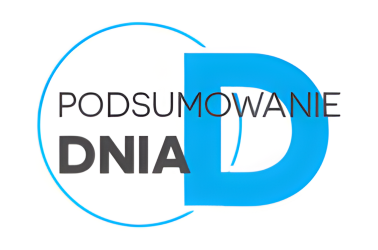-
Markets in Europe lost ground today on a wave of relatively weak macro data. At 10:00 BST, we learned about HICP inflation data from the euro area. The headline reading came in line with expectations at 7% YoY (previously 6.9%), while the core reading slowed slightly to 5.6% YoY from 5.7% YoY on expectations of a sustained 5.7% YoY. Inflation in the euro area therefore remains high and significantly above the ECB's target. This puts the European Central Bank in a difficult position with regard to the tightening cycle. In addition, today's PMI data showed that most EU economies are now in a downward phase (PMIs below 50).
-
This factor directly links to the uncertainty of a recession in the economy. The JOLTS data came in at 9.59 million versus the expected 9.74 million and the earlier reading of 9.93 million. Today's labour market data reading indicated the second largest drop in jobs over the past three months.
-
Elevated volatility was also due to internal announcements from the US Treasury, which announced that the debt ceiling may be exceeded earlier than expected. Treasury Secretary Janet Yellen warned yesterday that the US could run out of debt repayment funds as early as 1 June, earlier than the end-July deadline estimated by Goldman.
-
The key event during the Asian session was the Reserve Bank of Australia's surprise decision to raise interest rates. The RBA decided to raise the main rate by 25 basis points to 3.85%, while it was expected to remain at 3.6%. Bankers justified their decision on the grounds that inflation was too high. A little later, Governor Lowe commented that further monetary tightening may be necessary.
-
BP's (BP.UK) shares have lost nearly 9% in today's session due to unmet cash flow expectations and a slower pace of share buybacks. The company is also being weighed down by falling oil prices.
-
WTI crude oil prices have seen more than 5% declines today and are sliding to their lowest levels since March 2023. Uncertainty around the spectre of a global recession and weak demand from China are pushing prices down to around $71.80 per barrel. Concerns over short-term demand, including weaker-than-expected Chinese production data, outweighed messages indicating limited supply later in the year. A similar sentiment dynamic is noted by NATGAS.
-
On the other hand, gold and Bitcoin, which are regarded as safe havens against the spectre of an economic slowdown, are gaining dynamically on recessionary sentiment. Gold returned above the $2010 per ounce barrier today, while Bitcoin is struggling to break through the $28 500 limit.
-
In the FX market, the New Zealand dollar, the Japanese yen and the Australian dollar are the best performers at the moment. The Canadian dollar and the pound sterling are trading under clear pressure.

Daily summary: Silver plunges 9% 🚨Indices, crypto and precious metals under pressure

US100 loses 1.5% 📉

🚨Gold slumps 3% amid markets preparing for Chinese Lunar Year pause

Cocoa falls 2.5% to the lowest level since October 2023 📉


